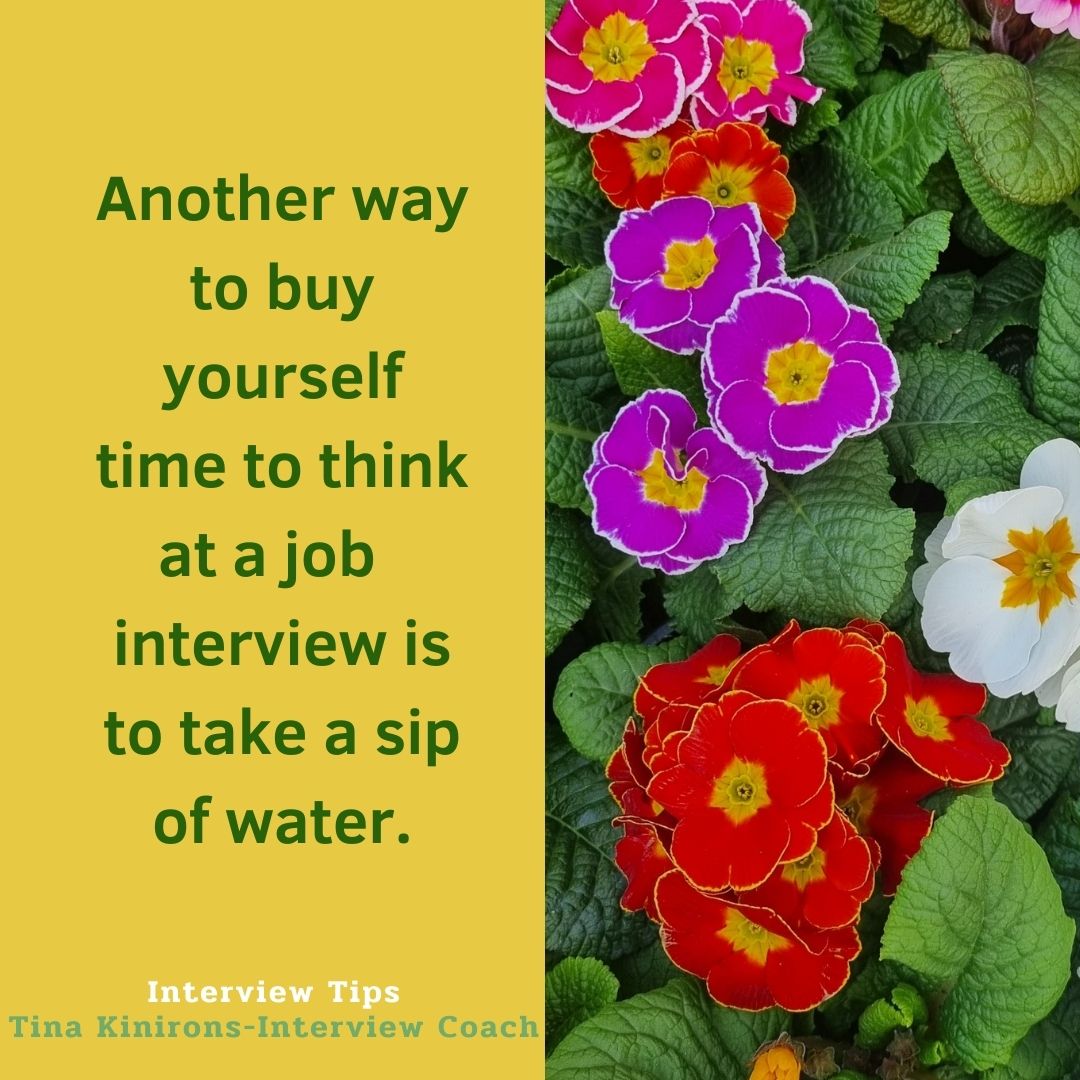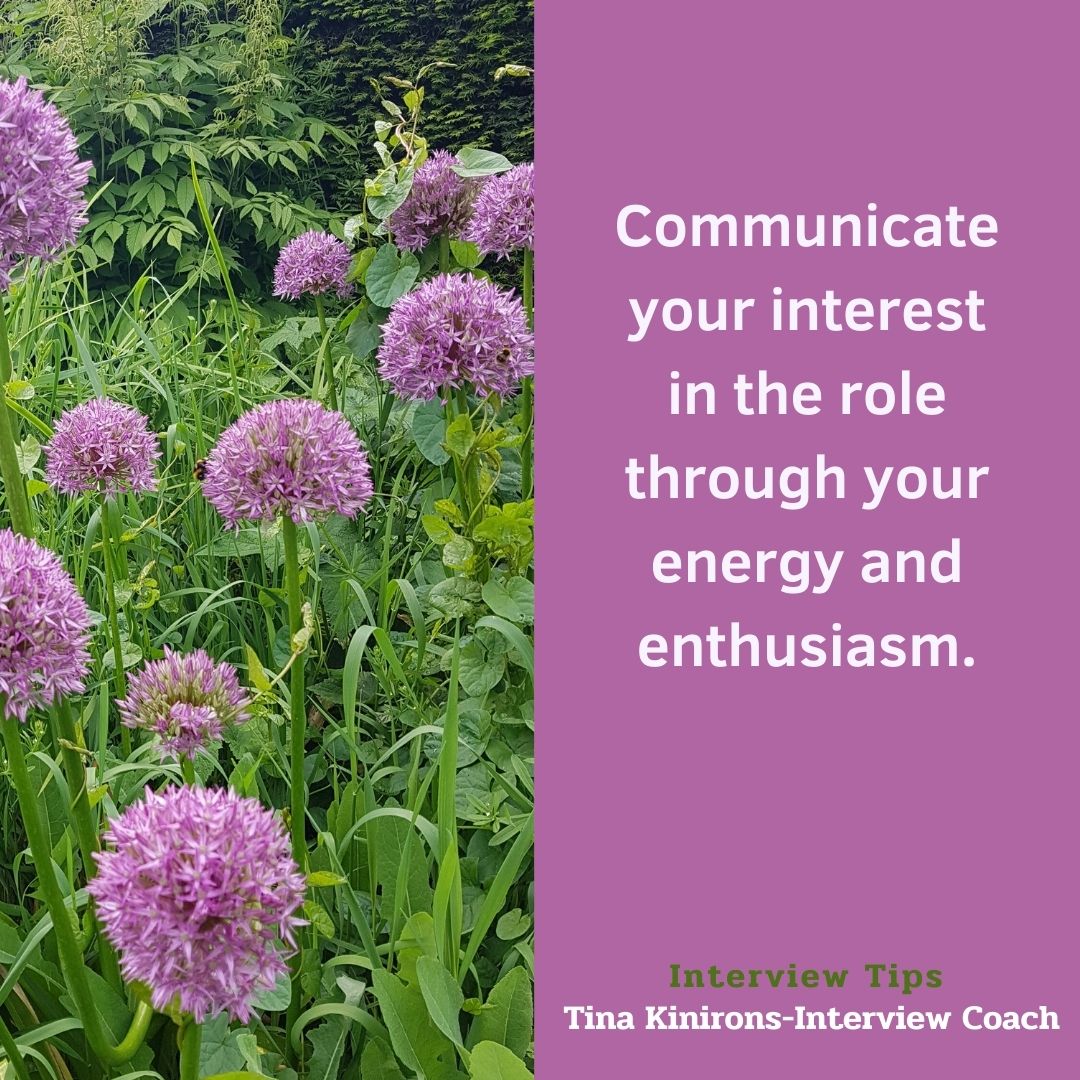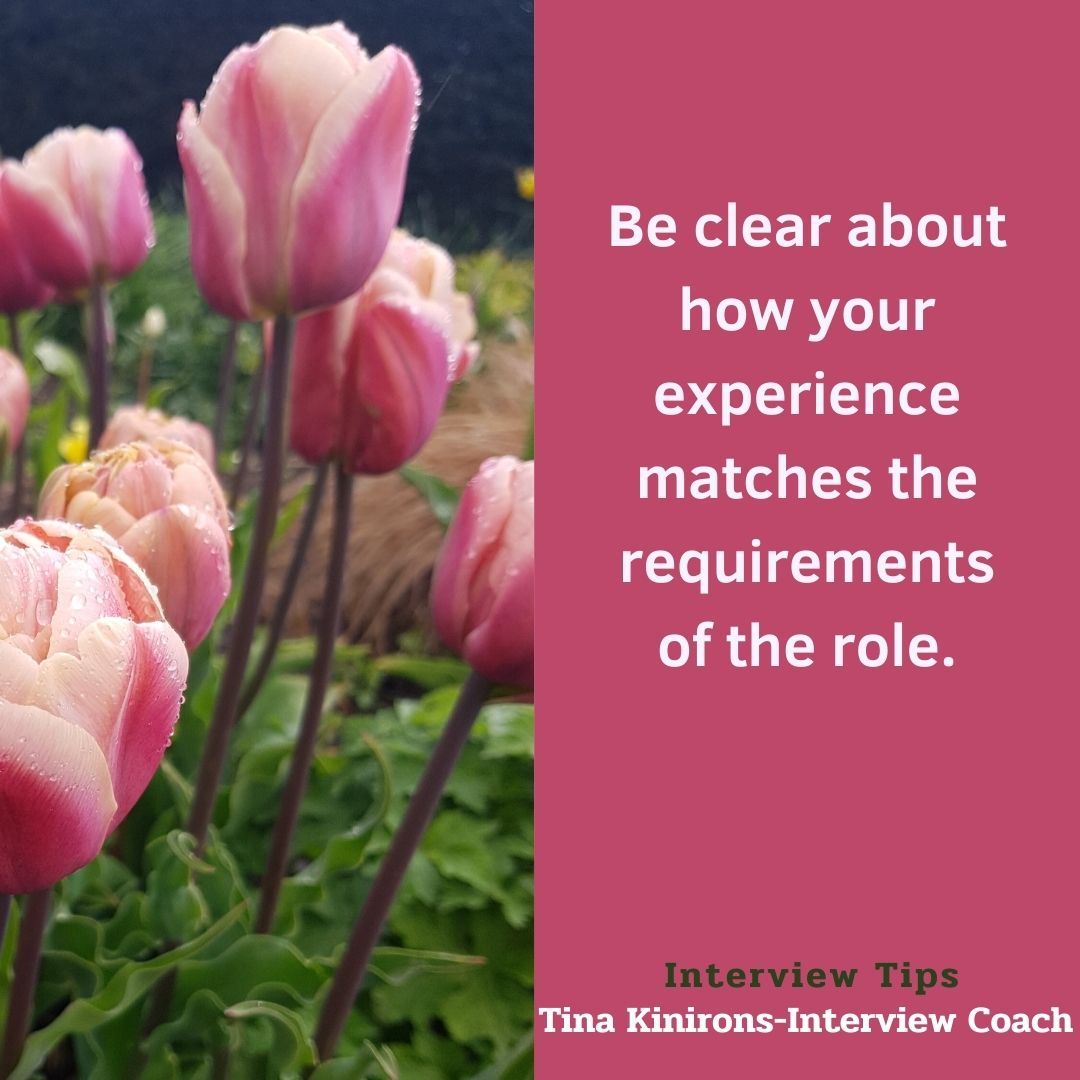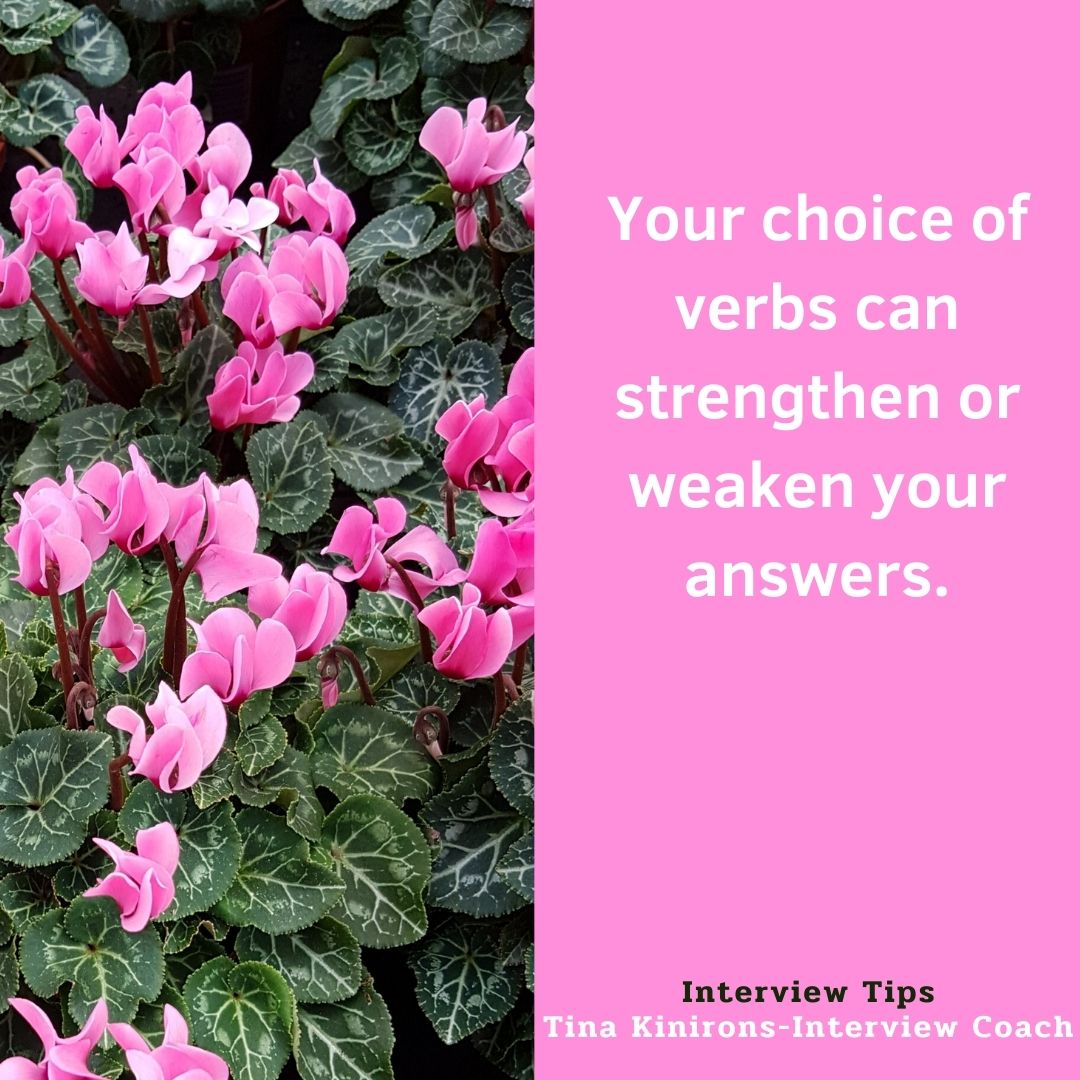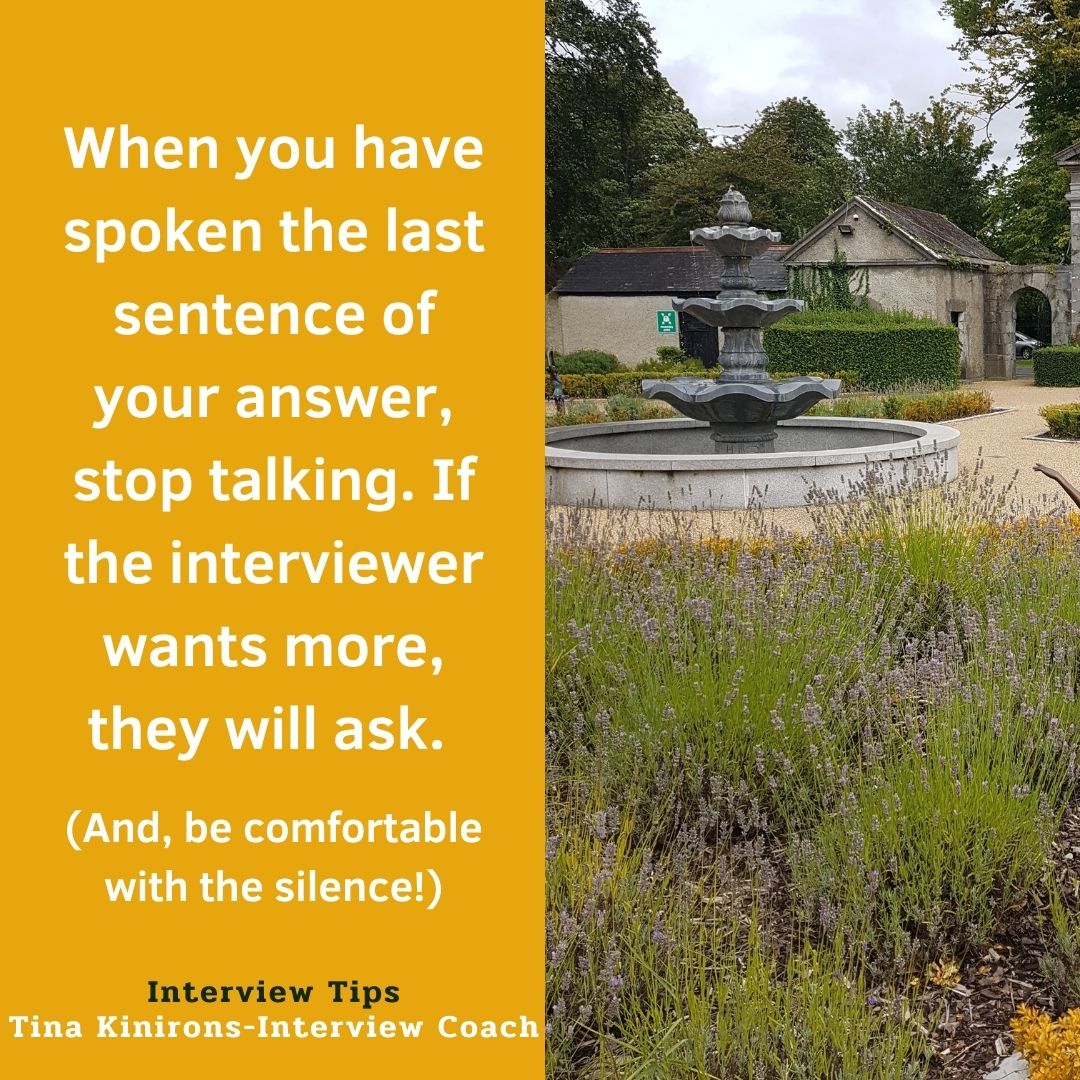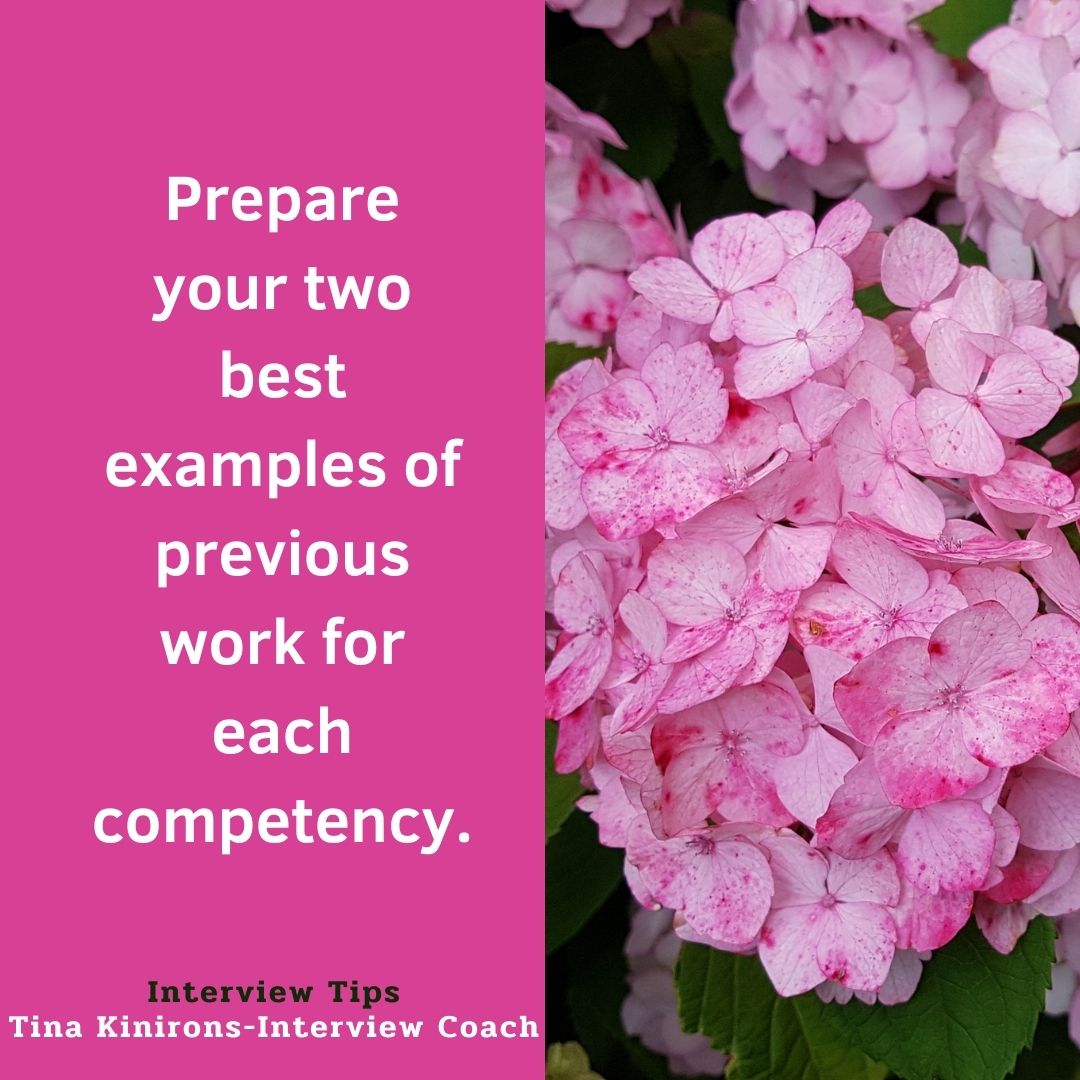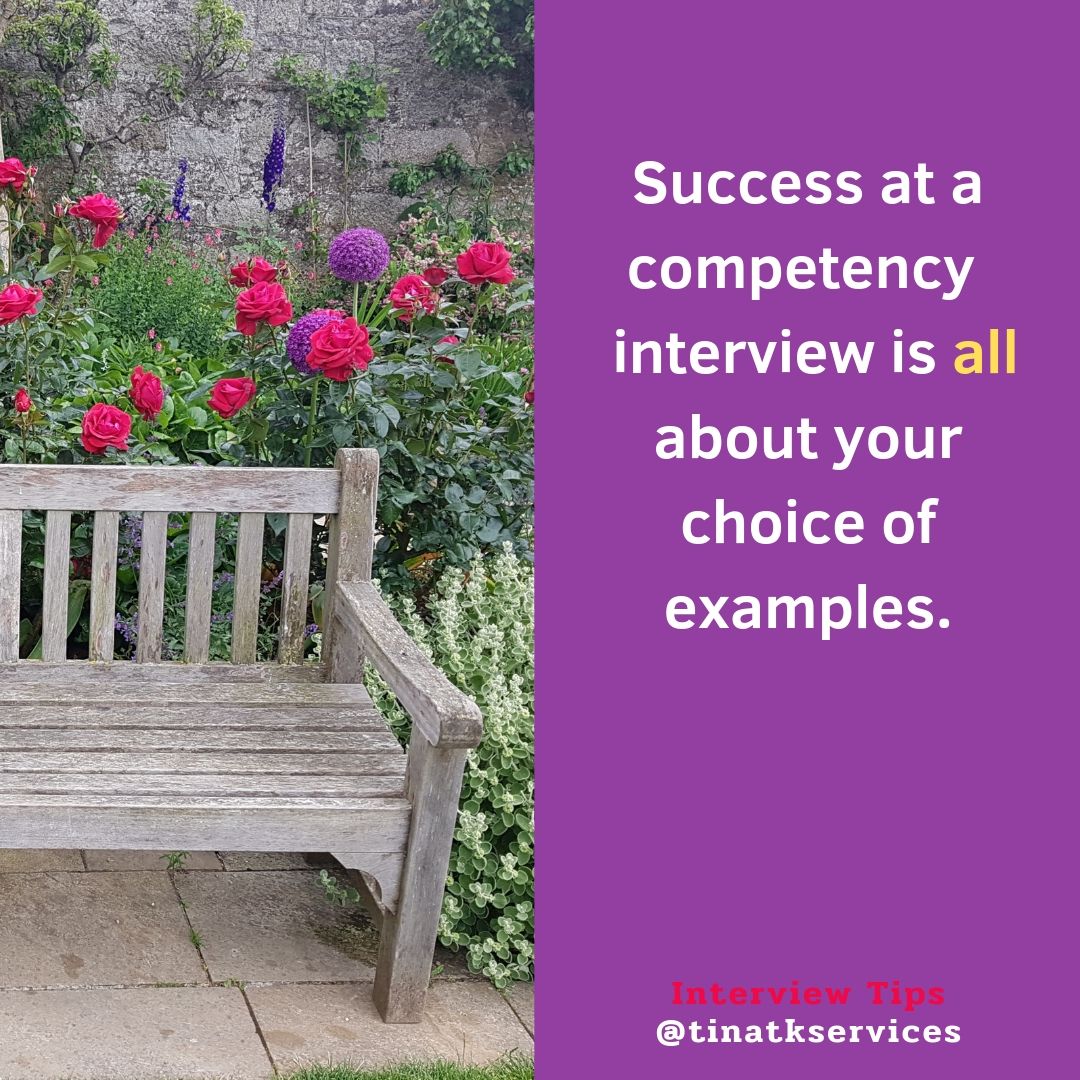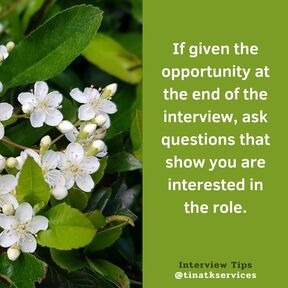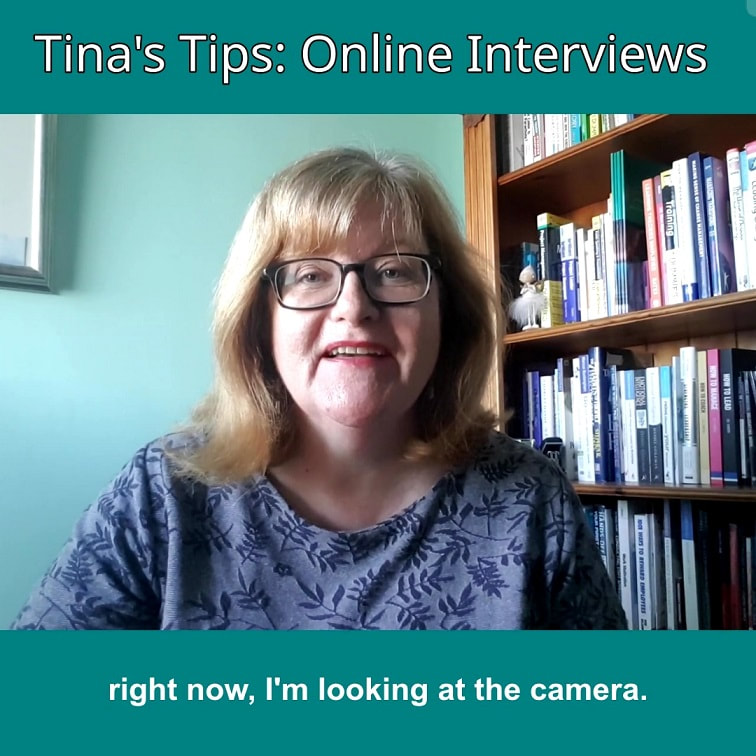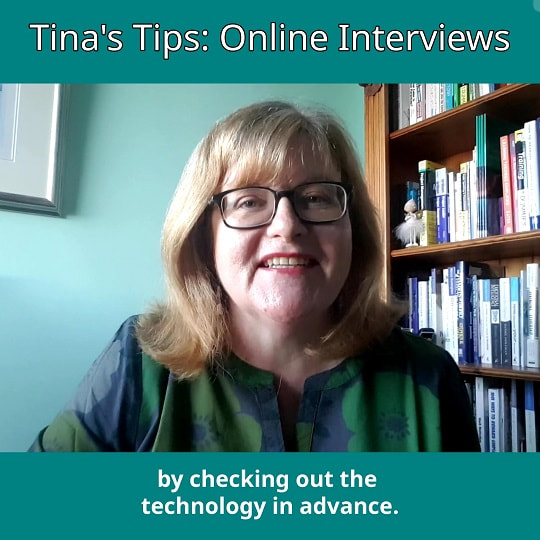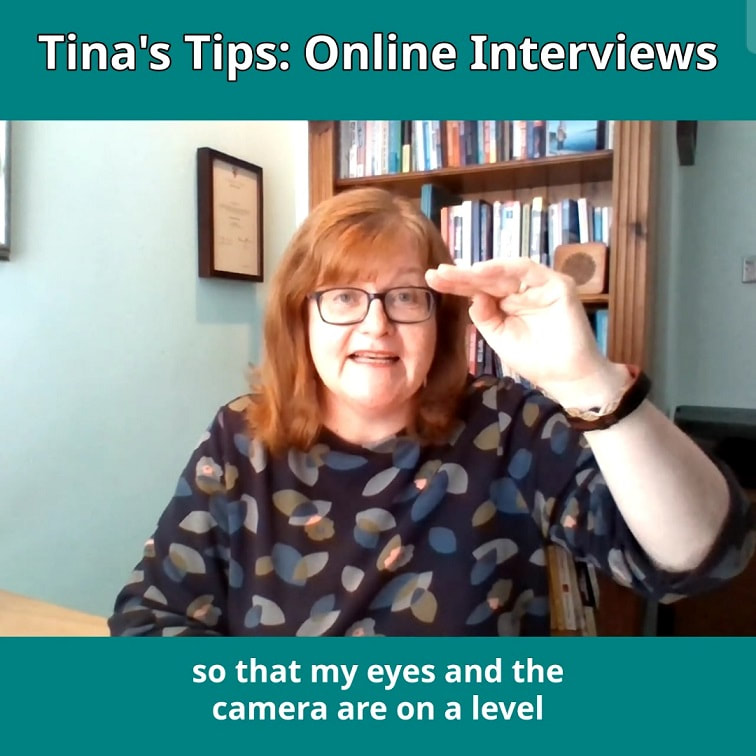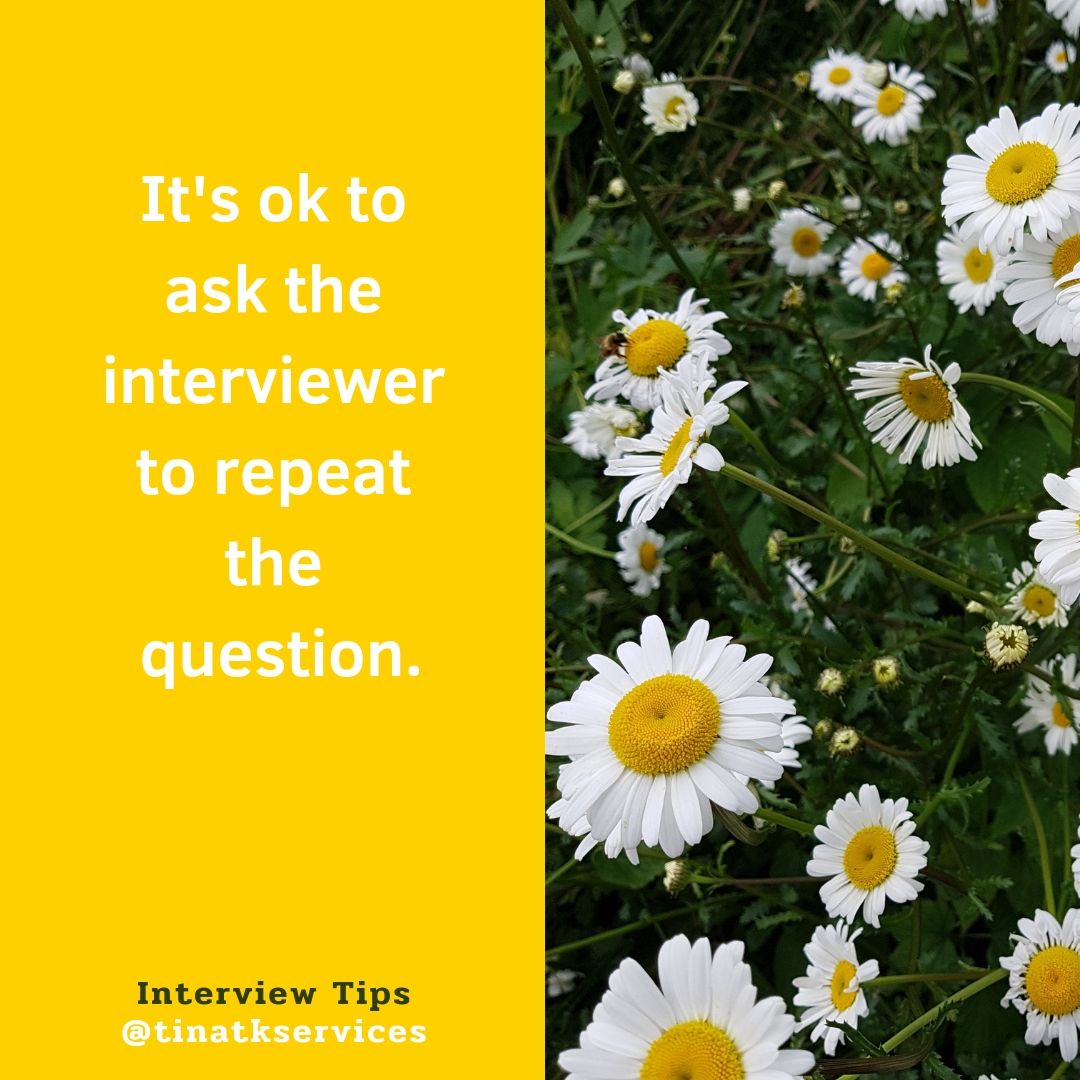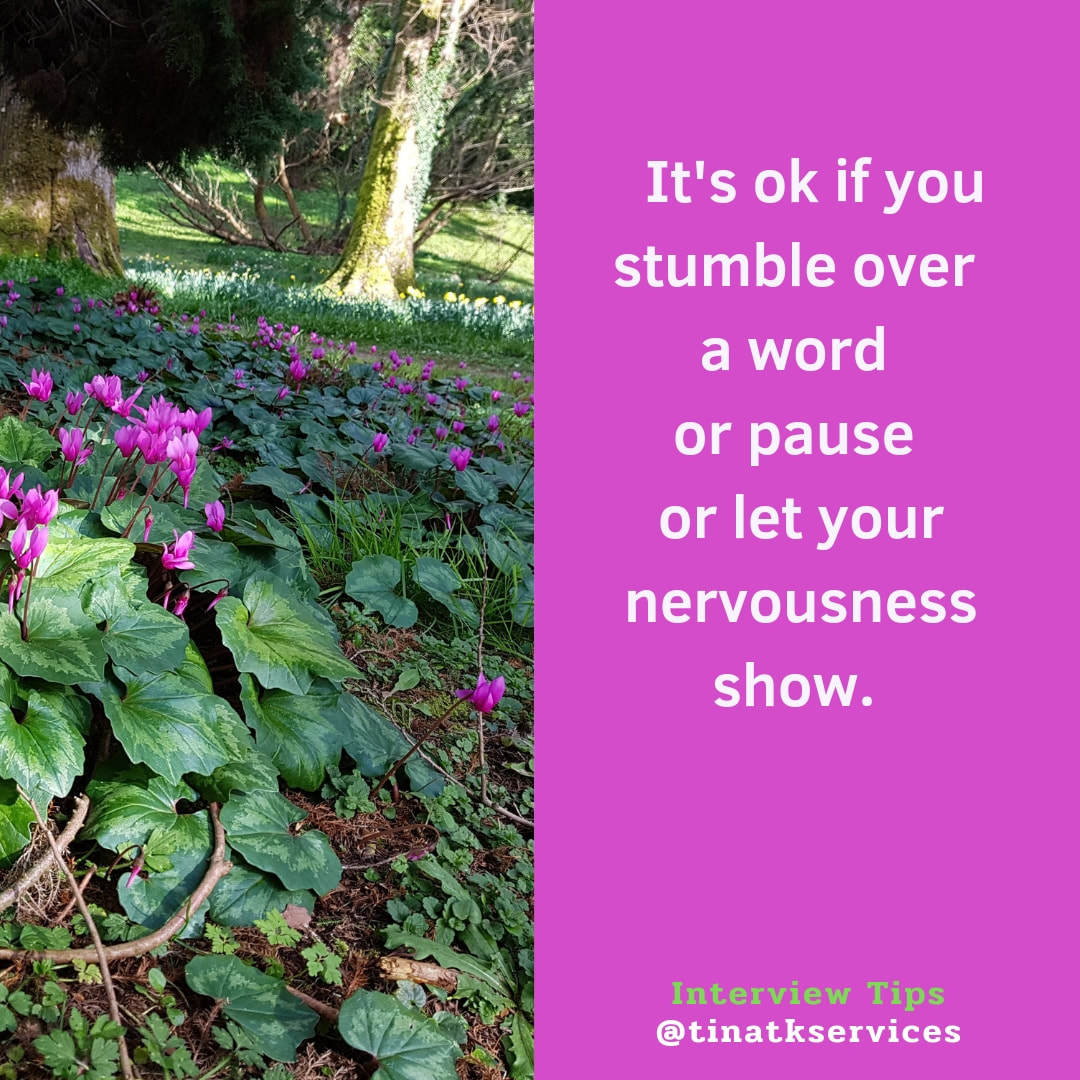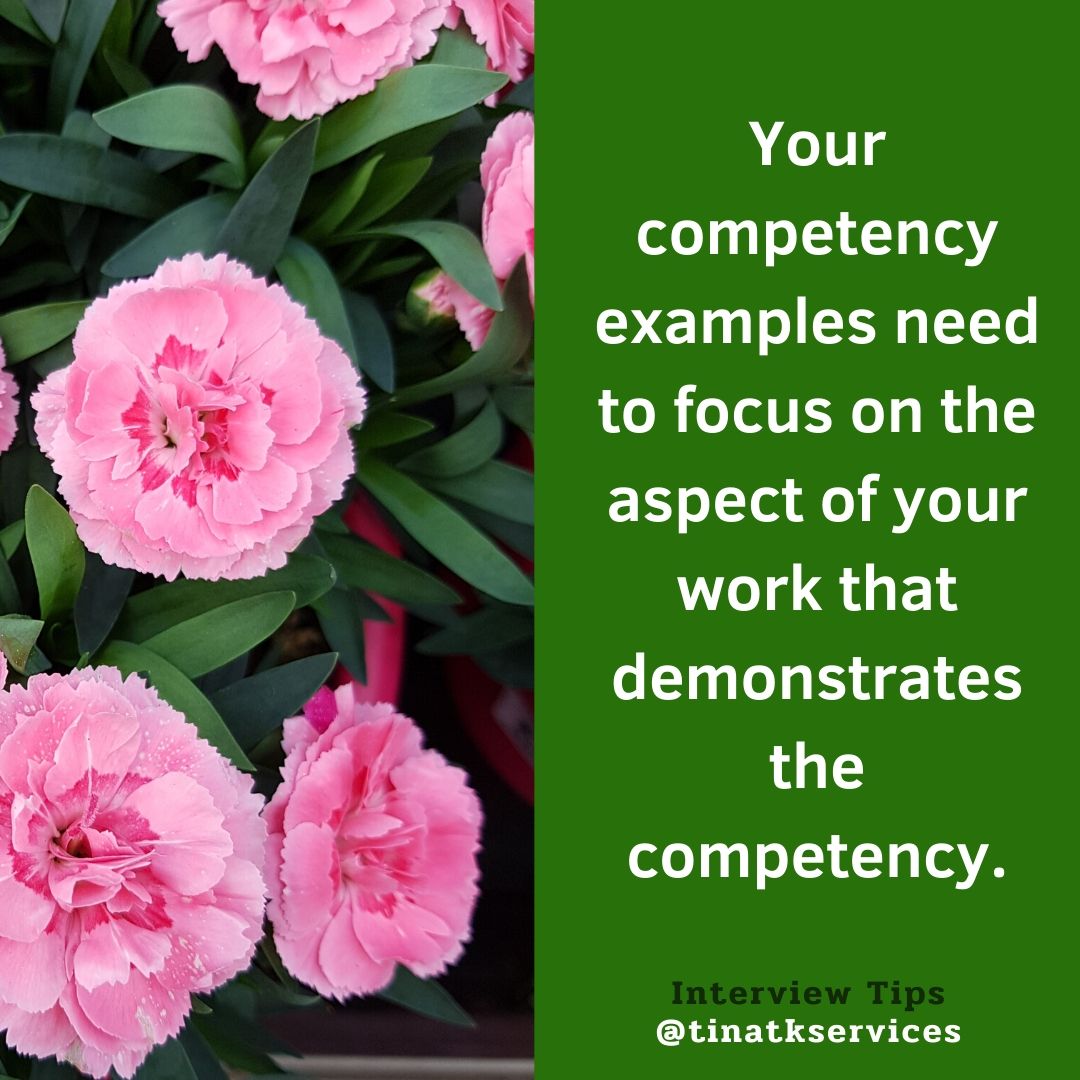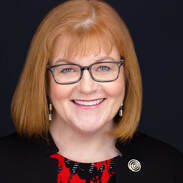|
Welcome! My blogs are based on my interviewer and interview coaching experience. More of my job interview tips (including one minute videos) are on my Instagram, Facebook and LinkedIn profiles.
I am mentioning this a lot at the moment in both interview coaching and in reviewing examples on application forms. I often hear or read large sections of an answer when the person is conveying information about what went on, but not making it at all clear what the person themselves did.
Of course, at interview, I can clarify with you what your role was and what you did. But my asking that and you answering that takes time - time that you put to better use by telling us more about what you did.
Try to pick an example that is not a critical area for the role you are interviewing for. See if you can come up with a learning that is relevant to the new role. For example, you might be not being good at delegating when you were first appointed as a manager. You could build your example around these points:
Other mistakes you could speak about include miscommunications, misunderstandings, missed deadlines or errors made. Avoid saying you don't make mistakes or that you can't recall any, no one is that perfect!
So yes, time yourself. Have a concise version of your answer - allowing that some answers are longer and some are shorter.
Some candidates type out their answers, so time yourself speaking one out loud, note the word count and edit your other answers to a similar length. Some people write long and then edit it back and that seems to work well for them. If your answers are too long, you will find that many public sector interviewers will cut across you to move you on in the interest of managing the time.
Some other common "red flags" are:
Panel interviews have the advantage of looking for a candidate that can display all of the competencies required, the fully rounded candidate - who is not just good at one area (like getting on with people) but can work in (or lead) teams, solve problems, deliver results, communicate well, and has the relevant specialist knowledge.
If the hiring manager isn't involved, does rapport still matter? I think it does. Even though the interviewee wouldn't be reporting to us, we still want to get a sense of how well you get on with others and with us. Getting a number of viewpoints on one candidate brings balance to the decision making and gives a chance to a candidate who has relevant experience but just didn't click with that one interviewer in the style of interview you mention in the question. Some of those more structured interviews include the hiring manager, some do not. Where the hiring manager is involved, some thought can be given to how the person being interviewed would fit into the existing team. One of the most frequent comments I hear back from hiring managers after interviews is how much they appreciate the different viewpoints and the balance that is brought to the process. The lists and tick boxes mentioned in the question, the competencies and their definitions, help candidates in framing their answers and interviewers in judging those answers. It's a shared set of criteria. Structured interviews help us minimise bias. We are human beings however and it helps if we like you!
Another simple thing you can do, is to take a sip of water. It gives you a chance to think and, at the same time, it lets your interviewers know that you are busy and that they don't need to jump in. You could also repeat or paraphrase the question, which gives you another little bit of time to think. ⠀
⠀ Obviously, you can't do that for every question throughout the interview, but it works well to do so occasionally.⠀
A second way that you can demonstrate that interest is to prepare your answers for questions like:⠀⠀
Try to tune into the requirements of the role by doing more than simply reading the job description or candidate information booklet. If you are applying to an organisation that you have not previously worked for, research what the organisation does, what kind of roles they have and, in particular, see what more you can find out about the role you are applying for.
Is there someone in your network who has worked there or someone who knows someone who is working there? What can you find out about the organisations values and mission? What services or products do they offer? All of this research will help you demonstrate your interest in that organisation when at interview and will also help you position your previous experience and achievements in that context. It will also help you prepare relevant questions you can ask at interview. If you invest some time in preparing how your skills and experience matches the requirements of the role, it will help you in several ways. It helps you when writing a summary or personal statement (on the application form) or when writing your cover letter (if submitting a CV). It also informs how you will answer questions at interview. Especially questions such as "Tell me about yourself", "How does your experience match the requirements of the role?" or if you are asked to "Summarise your experience". It also should underpin all of your other answers when at interview, because you need to be able to clearly articulate how your previous work experience matches the requirements of the role and to be able to do so throughout the interview. So use this to select the examples that you plan to use to demonstrate the required competencies. You can also use this summary of how you match the requirements of the role towards the end of the interview. ⠀
For example, do you lead on a project or area of work? Other verbs you could use are chaired, controlled, headed, orchestrated, organised, planned or co-ordinated. Verbs matter - on your paperwork (CV or application form) and at a job interview. Be sure that you are doing yourself and the work that you have done justice in the verbs you use to describe what you did. Choose the verb that most accurately reflects both your contribution and the seniority of your role.
The same advise applies whether you are selecting your examples for use at interview or for use when completing your application form (required for most public sector interviews). Where possible, lead with your most recent work examples. Only use a non-work example when you have no other example that you can draw on to illustrate your competence.
After selecting your examples, you then need to remind yourself of the detail of those work tasks or projects and what you accomplished. The level of detail you provide is very important. Keep the focus on the aspects of the work that demonstrate the competency.
Some questions you could ask are:
Looking at a camera does not come naturally to us, to engage with the machine rather than with the people on the screen. But you want to come across as you would if you were meeting them in person, so remember that you make eye contact by looking at the camera. It is worth practicing, because it comes across to your interviewers quite differently whether you are looking at the camera, or not. This video on my facebook page shows you what I mean.
When interviewing online, I have had some less than wonderful situations - such as the candidate who ended up in her back garden trying to get a better signal and we could barely hear her over the traffic sounds. Not the best for either her or the interviewers. Set yourself up for interview success by checking out the technology in advance.
I put my laptop on top of a stand or some books when doing an online interview to make sure that the camera is at my eye level - or I have found raising it up another inch or two (3-5cm) can give me the best angle (and make sure there's no double chin!). Same advice applies to phones or tablets.
To help keep you on track, really listen to the question. Repeat the question to yourself, out loud if you want. Take a sip of water to buy yourself a moment to gather your thoughts. Don't just start answering if you are not sure what they are looking for.
It's ok to ask an interviewer to repeat a question or to clarify the focus of a question. It’s really important that you answer the question you are being asked, so asking for the question to be repeated or clarified is absolutely ok and interviewers won’t mind doing this. Better to ask than to answer the wrong question.
I also notice that my interview coaching clients end up emphasising all the details of the work they did while losing focus on demonstrating the competency. So that means you need to edit how you talk about that work and consider what parts of it clearly demonstrate the competency and focus on those parts in your answer.⠀
|











